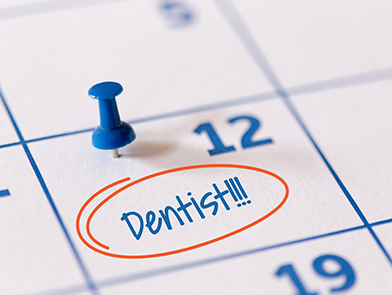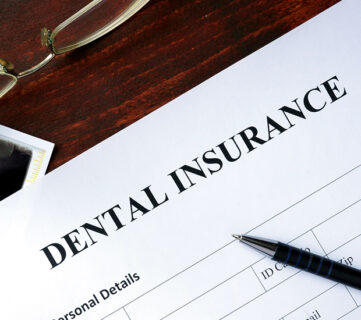Patient Information
The team at Fountains Dental Excellence is committed to providing excellent dental care in a comfortable environment where patients can relax and feel at ease. Here you will find information on what to expect during your first appointment along with links to patient forms and paperwork.
Contact Us
We are happy to hear from you, answer your questions, and schedule an appointment. Call Fountains Dental Excellence at 916-839-3035 or stop by our office.
1186 Roseville Pkwy STE 120
Roseville, CA 95678
New Patients
It is easy to make an appointment for your initial examination and dental treatments. Call 916-839-3035 to speak with a team member.
Downloadable Forms:
Welcome to
Fountains Dental Excellence

Making an Appointment
It is easy to make an appointment for your initial examination and dental treatments with Fountains Dental Excellence. Simply call 916-839-3035 and one of our friendly team members will be happy to assist you. If you schedule an appointment and something comes up, please call and cancel 24 hours in advance so that we can accommodate other patient requests.

What to Expect
Walk into our lobby where you will be greeted by our friendly team. We will provide you with new patient paperwork that includes a health questionnaire, request for your insurance information and contact information. We will also provide you with information to familiarize you with our office and how we handle things like patient privacy.

Initial Examination
Your initial dental exam will take around one hour. The experienced team at Fountains Dental Excellence will ask you questions, get to know your oral hygiene routine, and listen to your health concerns. We believe in educating patients and empowering them to make good choices to improve their oral health. We will demonstrate how to properly care for your teeth and make additional suggestions as needed. Our dental hygienist will clean your teeth then Dr. Radu will complete your examination and make recommendations for proposed dental treatments.

Pain Concerns
We work to ensure our patients feel comfortable, and that includes minimizing their pain as much as possible. If you are undergoing a dental procedure, Dr. Radu will meet with you to discuss your pain tolerance and create a plan for pain management. Working together, we will treat your dental health problems in a way that minimizes pain and enables you to get back to your life faster.

Dental Insurance
We accept a variety of insurance providers and endeavor to accommodate our patients' request. Please call our office at 916-839-3035 to see if we are currently working with your insurance provider.
Our pricing structure is designed to ensure that patients are able to receive the high quality dental care they deserve. If your dental insurance will not cover all of your dental treatments, we will work with you to identify a payment solution. We are health care professionals first and will work with you to make sure you receive the treatment you need.

Financial Policy
Fountains Dental Excellence provides high quality dental care to families throughout the Roseville area. We understand that every dental patient has different financial needs. We will work with you to find a solution that enables you to get the dental care you need, with or without insurance. Call our office to ask about our different payment options that may include cash, check, financing, and credit cards. We provide budget friendly dental care so call today and learn how Fountains Dental Excellence is the solution to all of your oral health needs.
